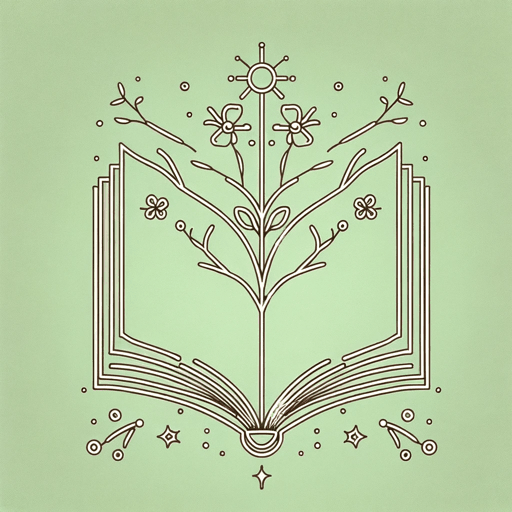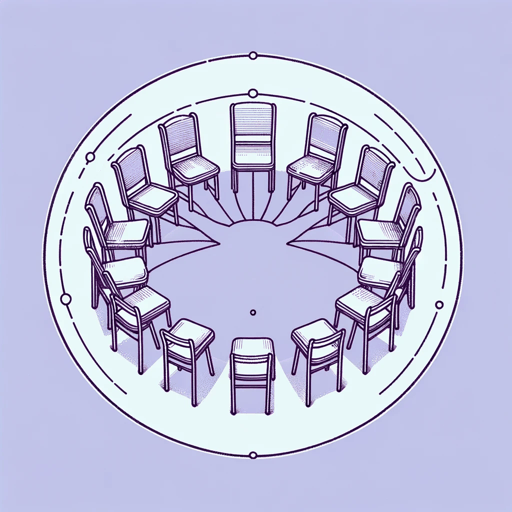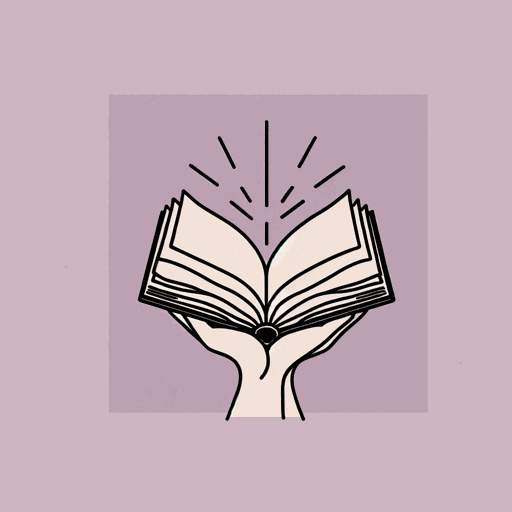91 pages • 3 hours read
bell hooksTeaching to Transgress: Education as the Practice of Freedom
Nonfiction | Book | Adult | Published in 1994A modern alternative to SparkNotes and CliffsNotes, SuperSummary offers high-quality Study Guides with detailed chapter summaries and analysis of major themes, characters, and more. For select classroom titles, we also provide Teaching Guides with discussion and quiz questions to prompt student engagement.
Introduction
Teaching to Transgress: Education as the Practice of Freedom
- Genre: Nonfiction; pedagogy essay collection
- Originally Published: 1994
- Reading Level/Interest: College/Adult
- Structure/Length: 14 chapters and introduction; approx. 216 pages; approx. 7 hours, 30 minutes on audio
- Central Concern: This work is a collection of essays reflecting on how classroom environments can marginalize individuals and foster racism and gender discrimination; the author offers theories on pedagogy that instead promote educational systems which work to transgress the boundaries of bias and power and support freedom for all.
- Potential Sensitivity Issues: Racism and prejudice, sexism
bell hooks (Gloria Jean Watkins), Author
- Bio: 1952-2021; poet, writer, and teacher; born in Kentucky and raised in a racially-segregated community and school system in Hopkinsville, Kentucky; earned a scholarship to Stanford University and graduate degrees at the University of Wisconsin (master’s in English literature) and University of California (Ph.D.); served as a professor at a number of colleges and universities; published over 30 works of nonfiction and other writings in which she explored feminist theory, racism, identity, pedagogy, place, and politics; preferred her pen name uncapitalized to emphasize the topics of her works instead of the writer
- Other Works: Ain’t I a Woman: Black Women and Feminism (1981); Feminist Theory from Margin to Center (1984); Reel to Real: Race, Sex, and Class at the Movies (1996); Wounds of Passion: A Writing Life (1997); Communion: The Female Search for Love (2002); We Real Cool: Black Men and Masculinity (2003)
- Awards: 1991 American Book Award for Yearning: Race, Gender, and Cultural Politics (Before Columbus Foundation); 1994 Writer’s Award (Lila Wallace/Reader’s Digest Fund); 2001 Image Award nomination for Happy to Be Nappy (National Association for the Advancement of Colored People); 2002 Hurston/Wright Legacy Award nominee for Salvation: Black People and Love; 2002 Children’s Book of the Year for Homemade Love (Bank Street College); 2012 Best Poetry Award for Appalachian Elegy: Poetry and Place (Black Caucus of the American Library Association)
Related Titles
By bell hooks

Ain't I A Woman: Black Women and Feminism
bell hooks

All about Love: Love Song to the Nation Book 1
bell hooks

Feminism Is for Everybody: Passionate Politics
bell hooks

Feminist Theory: From Margin to Center
bell hooks

Salvation: Black People And Love
bell hooks

Teaching Critical Thinking: Practical Wisdom
bell hooks

The Will to Change: Men, Masculinity, and Love
bell hooks

